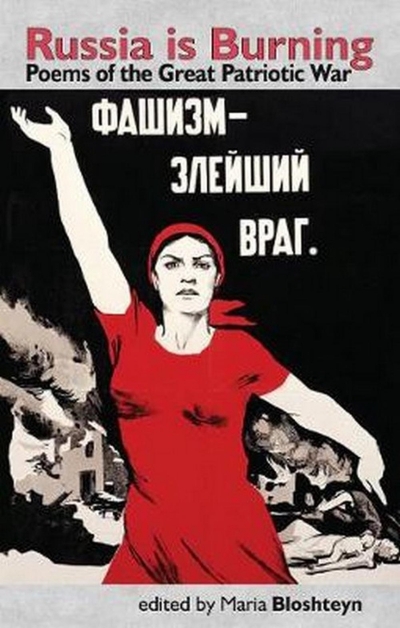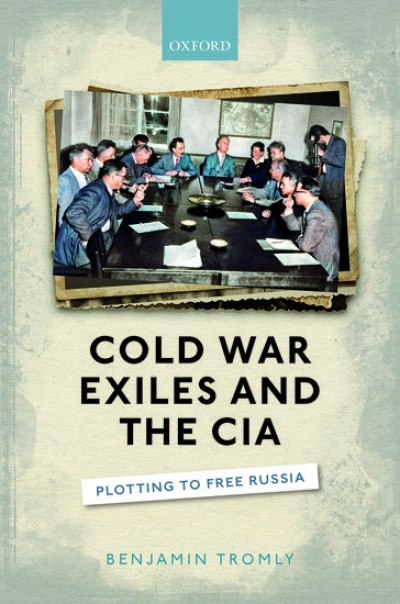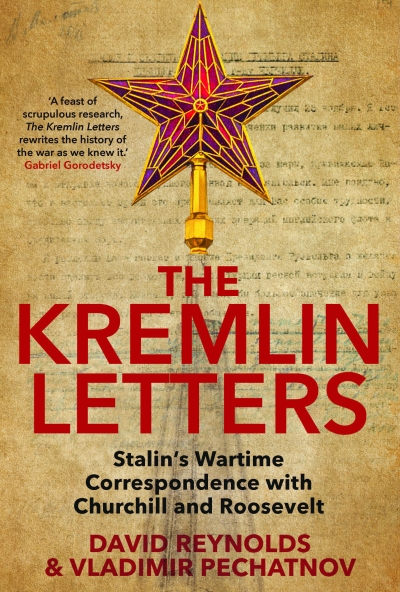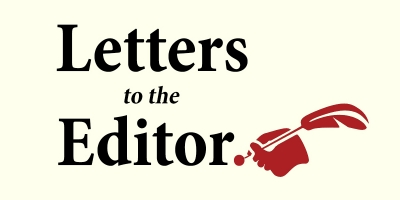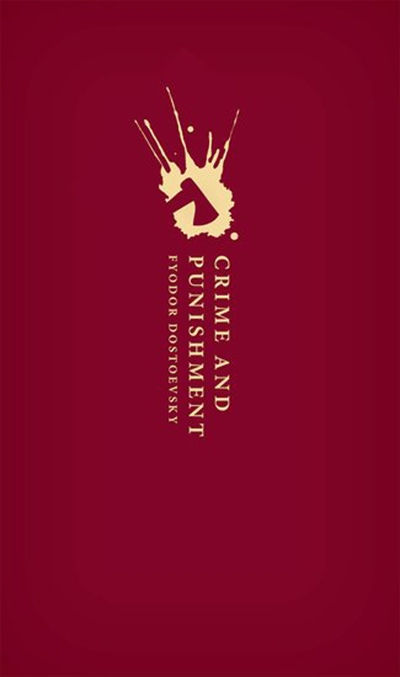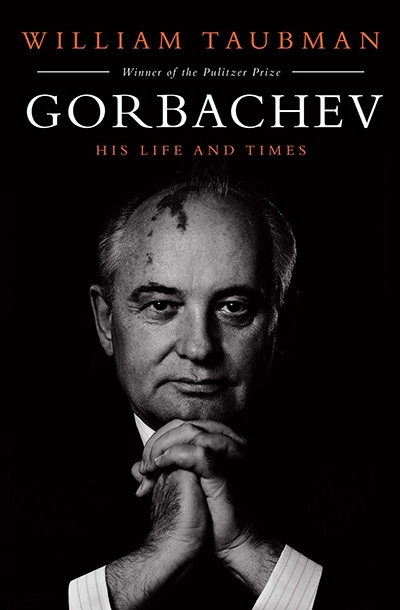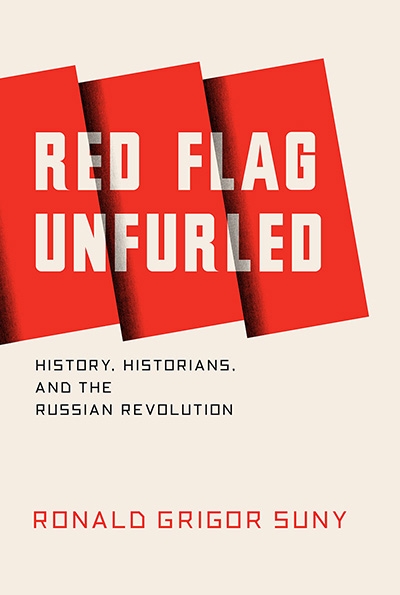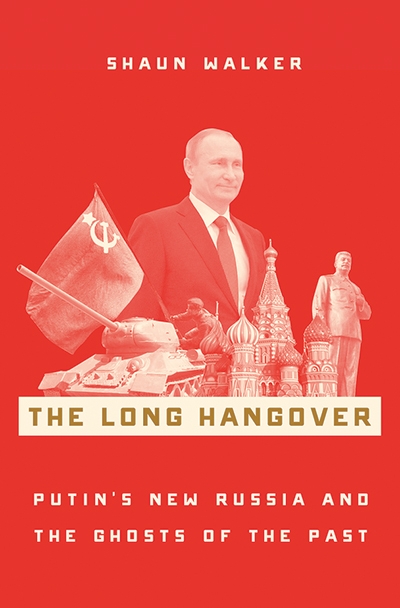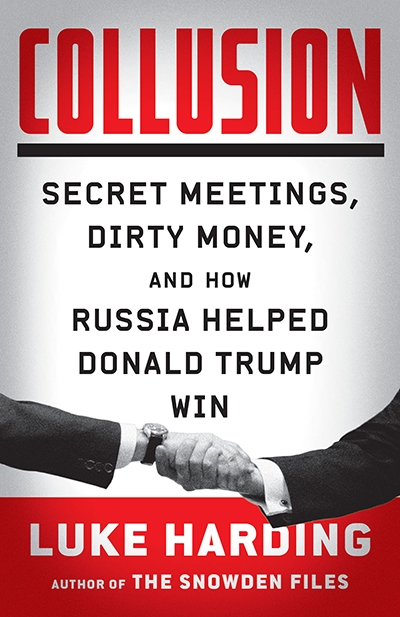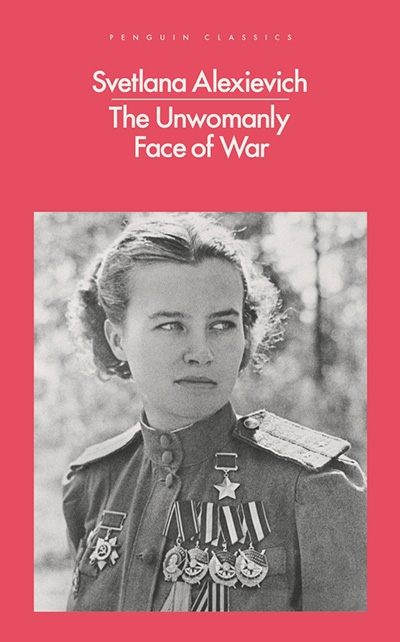Russia
Russia Is Burning: Poems of the Great Patriotic War edited by Maria Bloshteyn
by David Wells •
Cold War Exiles and the CIA: Plotting to free Russia by Benjamin Tromly
by Mark Edele •
The Kremlin Letters: Stalin’s wartime correspondence with Churchill and Roosevelt edited by David Reynolds and Vladimir Pechatnov
by Sheila Fitzpatrick •
Letters to the Editor: Tony Kevin from Gordon writes on Jeff Sparrow's Trigger Warnings; John Lowe from Ormond on D. H. Lawrence; and some comments on Behrouz Boochani and his poem 'Flight from Manus' ...
... (read more)Crime and Punishment by Fyodor Dostoevsky, translated by Nicolas Pasternak Slater
Red Flag Unfurled: History, historians, and the Russian Revolution by Ronald Grigor Suny
by Sheila Fitzpatrick •
The Long Hangover: Putin’s new Russia and the ghosts of the past by Shaun Walker
by Kieran Pender •
Collusion: How Russia Helped Trump Win the White House by Luke Harding
by Varun Ghosh •
The Unwomanly Face of War by by Svetlana Alexievich, translated by Richard Pevear and Larissa Volokhonsky
by Miriam Cosic •

